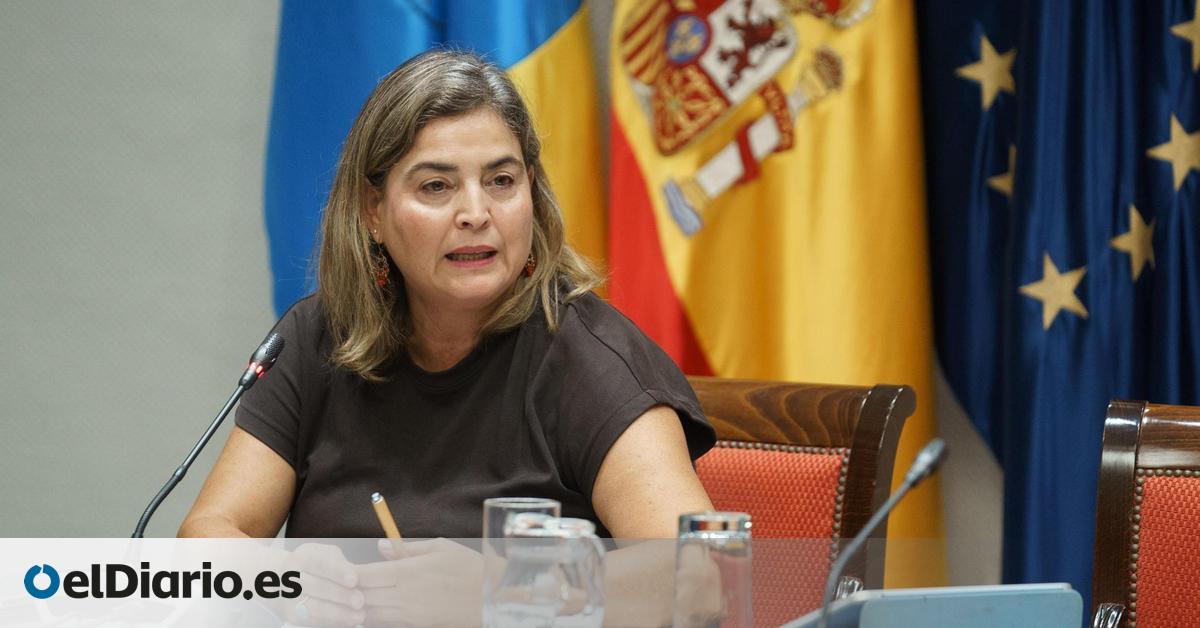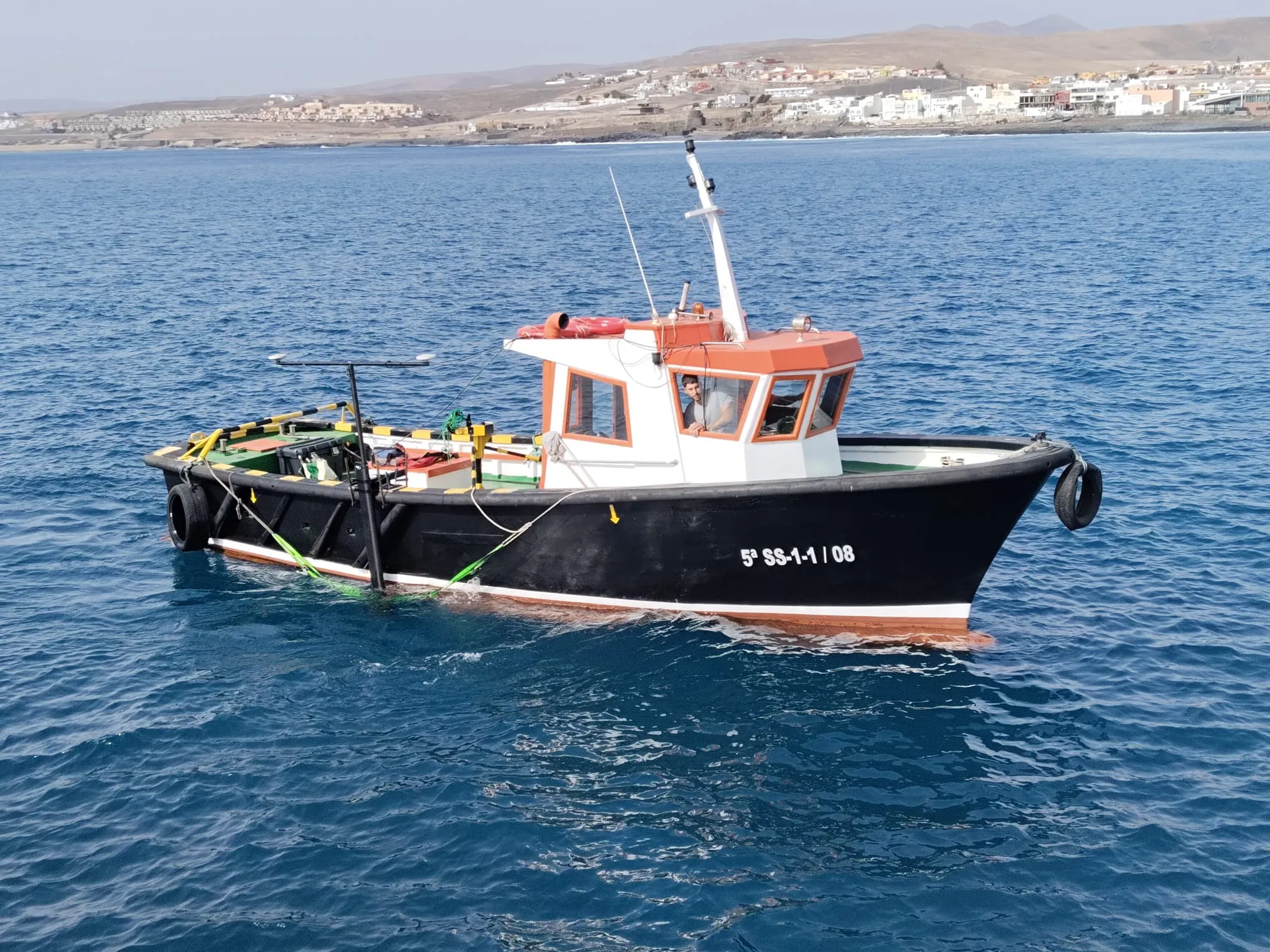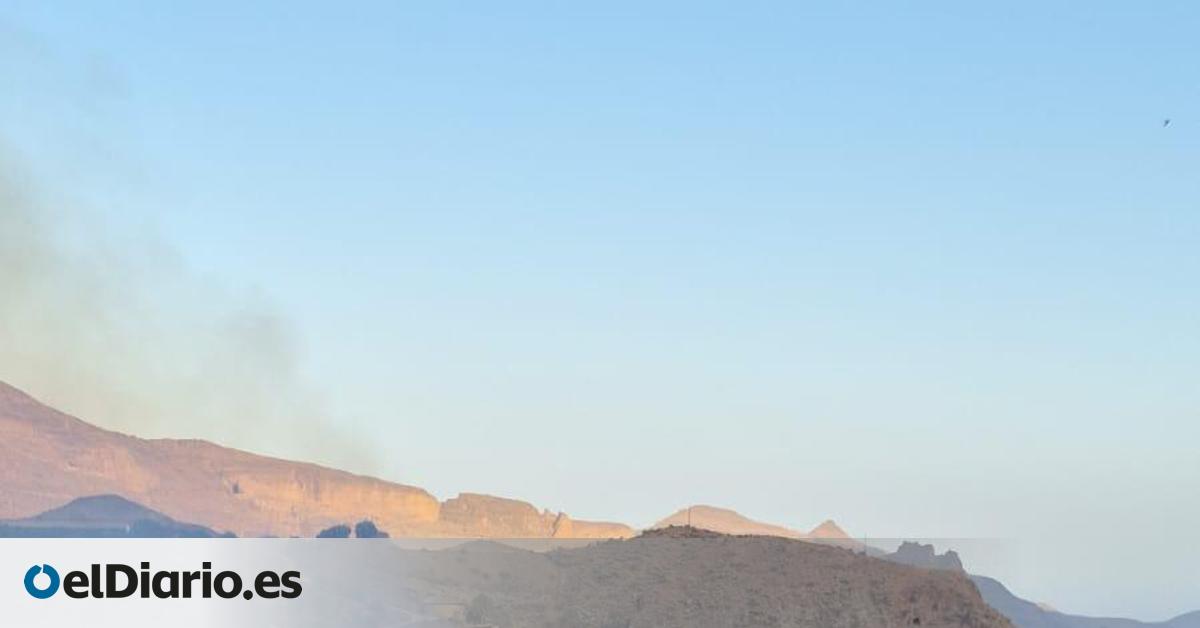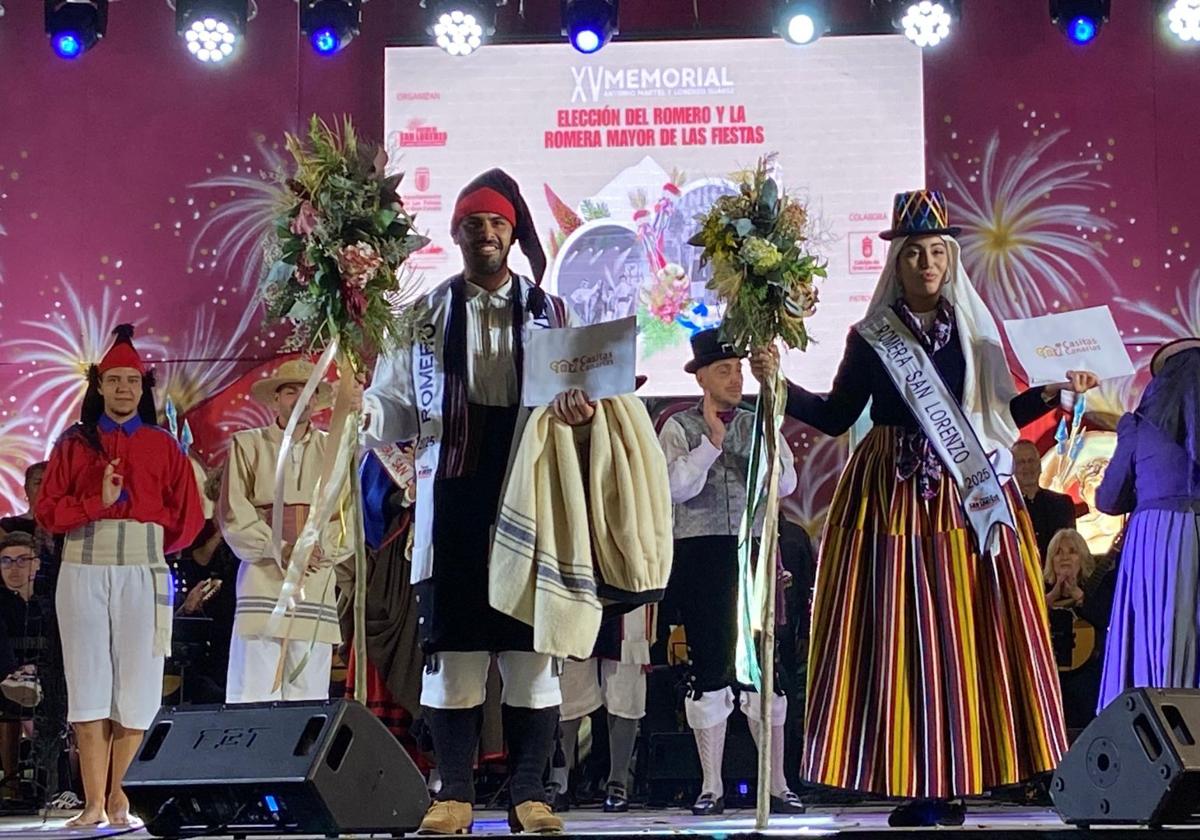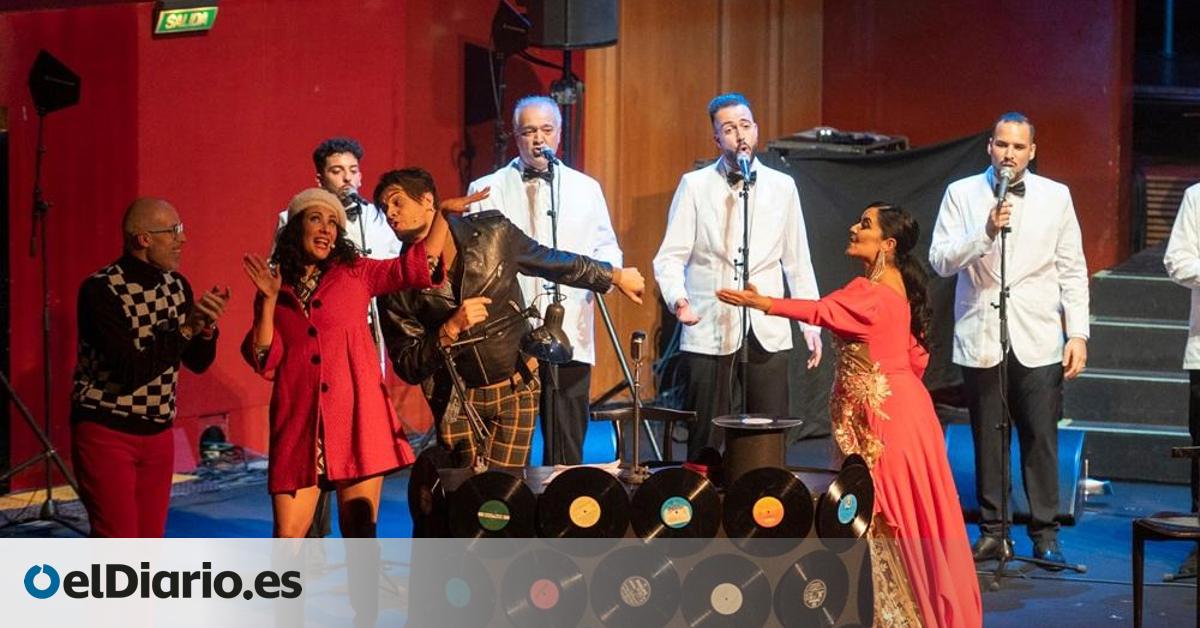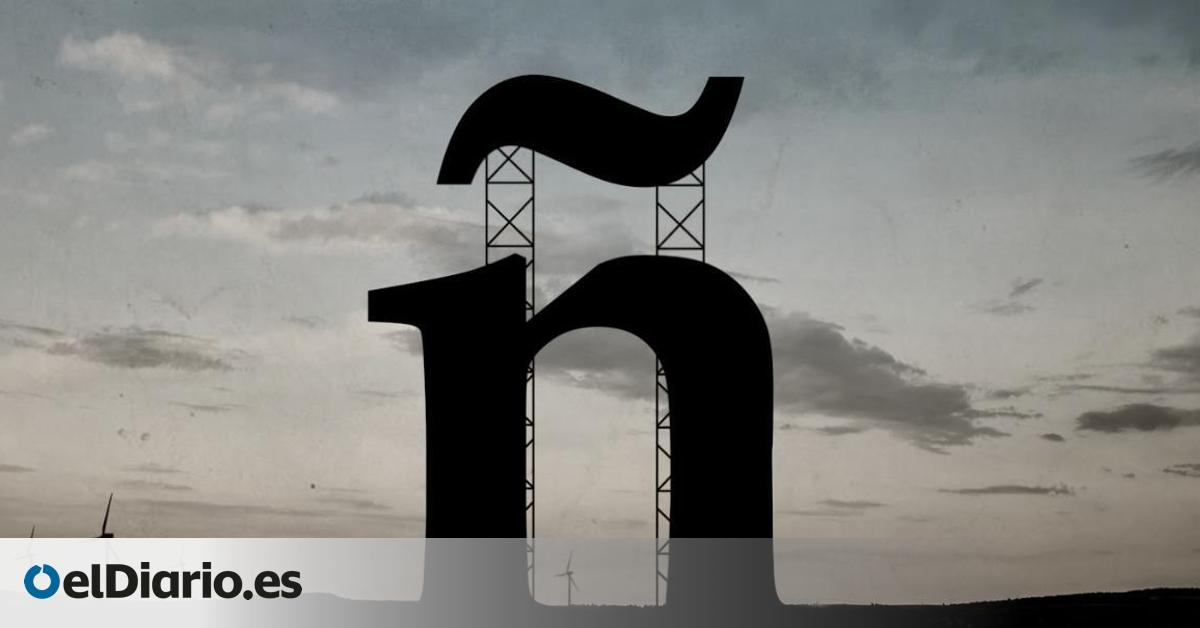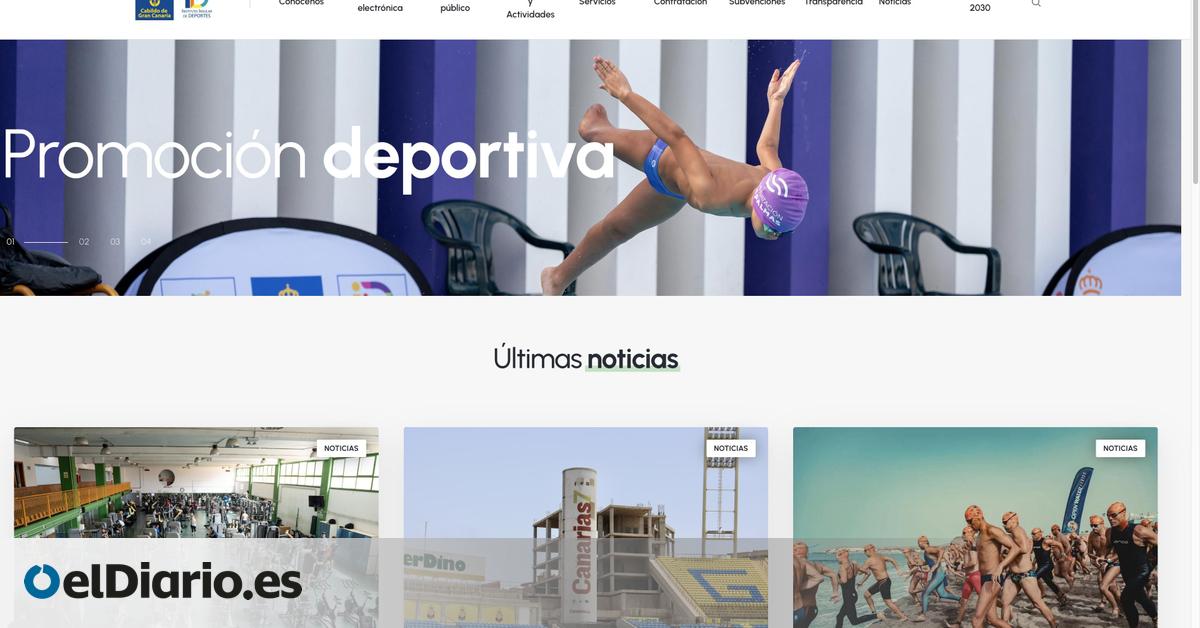- Annual Review by María Méndez
- New Digital Platform
- Improving Production and Interactivity
- Transmedia Experience Launch
- Peak Viewing Coverage
- Integrated Digital Experience
- Contracting and Internal Training
- Content Development
- Sports Coverage and Independent Cinema Support
- Audience Engagement and Digital Growth
- Political Criticism and Calls for Trust
New Infrastructure for Radio Televisión Canaria Announced
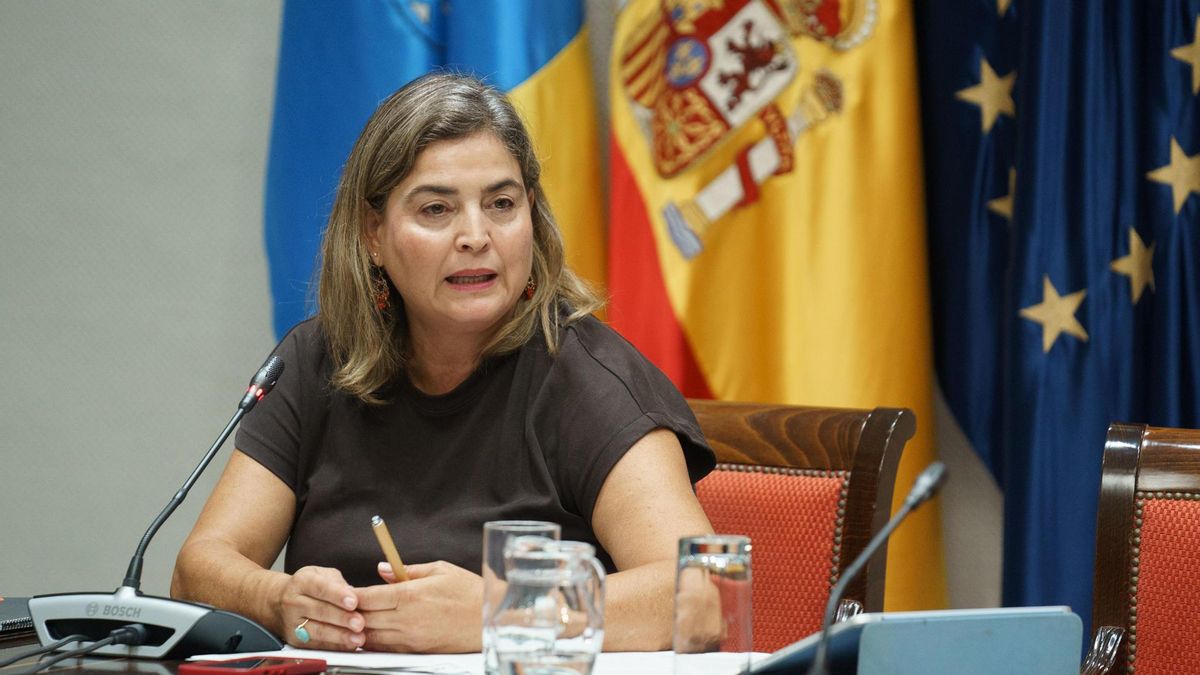
The new infrastructure will enable the simultaneous streaming of up to six channels, live event broadcasts, and the delivery of radio, video, and audio on demand, including podcasts and video podcasts. It aims to create an audiovisual archive for the archipelago. The PSOE has denounced an “invisible crisis” within Radio Televisión Canaria due to “political interference.”
Annual Review by María Méndez
María Méndez, the General Manager of Radio Televisión Canaria, appeared this Monday in the regional Parliament to assess the first half of 2025 concerning management, content, and audience performance of the public broadcaster. During her presentation, she announced the commencement of a transformation process with three main milestones: the creation of a proprietary digital platform, the implementation of transmedia projects, and the consolidation of peak viewing hours with completely Canarian programming.
New Digital Platform
Méndez indicated that Telefónica Soluciones de Informática y Comunicaciones de España has been awarded a contract worth over five million euros for the development and management of a second-generation OTT platform, which will last for four years.
This new infrastructure will allow for the simultaneous broadcasting of multiple channels, live event coverage, and on-demand radio, video, and audio services, including podcasts and video podcasts, thus becoming an audiovisual and sound archive for the archipelago.
Improving Production and Interactivity
The head of the regional broadcaster highlighted that this initiative replaces provisional projects such as the radio application and the on-demand television website, as the OTT is progressing as scheduled.
Furthermore, the platform will enhance in-house digital production and create opportunities for interactive services and cooperation between public and private entities.
Transmedia Experience Launch
The second milestone was the launch of the channel’s first transmedia experience: the daily television broadcast of the morning radio news programme.
RTVC plans to extend this model to other productions that merge television, radio, social media, and digital platforms, aiming to shift from a media-centric organization to one focused on Canarian informational, cultural, entertainment, and public service content.
Peak Viewing Coverage
The third notable advancement was the full coverage of primetime slots with Canarian content throughout 2025, a first for the broadcaster.
In this regard, Méndez highlighted the broadcasts of the festivals in El Hierro and La Palma, dedicating over 150 hours to the Bajada de la Virgen de los Reyes and the Bajada de la Virgen de las Nieves, which saw significant public engagement.
She insisted that RTVC’s role is not to compete with national or international platforms, but to offer “the Canarian perspective and accent” in its programming.
Integrated Digital Experience
In summary, Méndez emphasised that the new OTT will become the “heart” of Radio Televisión Canaria, unifying television, computers, mobile phones, and headphones into an integrated digital experience.
Regarding innovations, she mentioned the implementation of a new digital system for news writing and editing, installed at the end of last year, which allows for more agile, multiplatform production.
Contracting and Internal Training
Plans for both Televisión Canaria and the organisation itself have been published, outlining a total of 52 contracts expected in 2025. In the first half, 15 contracts were formalised, 24 are currently under tender, while 4 have been modified due to formal corrections, and 1 was withdrawn and re-tendered.
In terms of internal training, protocols for welcoming student interns, occupational risk prevention, pay records, and job evaluations for the Equality Plan have been implemented.
Content Development
Established shows such as Noveleros, Noche de Taifas, En Otra Clave, Una Hora Menos, and Como en Casa have been sustained. The afternoon slot has been revamped with new magazines (Hay Que Verlo, Entre Semana, Entre Nosotros, Los Fines de Semana) and competitions (Cógeme si Puedes, El Tiempo Vuela), predominantly produced by Canarian companies.
Additionally, new formats have been launched, including Orígenes (music and folklore using artificial intelligence), Sabores Isleños (gastronomy and heritage), Madre (maternity narratives), and Ruta 2035 (sustainable mobility).
The broadcast schedule has been adjusted to cultural events such as carnivals and the festivities surrounding the Virgin Mary in El Hierro and La Palma.
Sports Coverage and Independent Cinema Support
In sports, matches for UD Las Palmas and CD Tenerife have been aired, along with the first Canarian Cup by RTVC, as well as basketball, traditional wrestling, local bowling, and Latin sailing.
According to Méndez, support for independent cinema has resulted in two calls during 2025, with 250,000 euros allocated in the first round and over 40 projects submitted, of which five received funding.
Among these, she highlighted Mariposas Negras, selected for international festivals, and, for the first time, a Canarian film featured in the official section of the San Sebastián Festival.
Audience Engagement and Digital Growth
In terms of audience, the share reached 5.5% in the first half, up from 4.7% the previous year. The average for news programmes was 8.4%, with 20,000 viewers. While advertising revenue remains relatively low, there is a focus on collaboration with Canarian brands as strategic partners.
In digital channels, there has been an increase of over 146% in television and 99% in Canarias Radio, primarily linked to external projection.
Political Criticism and Calls for Trust
CC Deputy José Luis Díaz Estébanez, advocating for the presentation, lamented that television is “always in crisis” and that there is a continual need for adaptation to social and technological contexts. He also criticised ongoing attacks on the model and purpose of public television in the islands.
PSOE Deputy Nayra Alemán stressed the importance of attracting new audiences, arguing that RTVC currently “does not compete for either viewership or public service,” while NC Representative Carmen Hernández called for the medium to regain the public’s trust.
Hernández reminded that the current administrator lacks support from her party as she is not a media professional and does not have a track record of impartiality. She also warned against using RTVC, funded by public money, to “gear up” for the upcoming electoral campaign in favour of Fernando Clavijo (CC).
PP Deputy Carlos Ester acknowledged that “great” audiences have been achieved, while Vox has questioned whether there is truly a strategy for maintaining stable viewership each month.
The Deputy from the Socialist Group in Gomera, Melodie Mendoza, highlighted RTVC’s “direct” contribution to territorial cohesion, acting as “a unifying instrument” in a fragmented community. She also called for urgent technological renewal, more programming for children and young people, and enhanced representation in non-capital islands.


